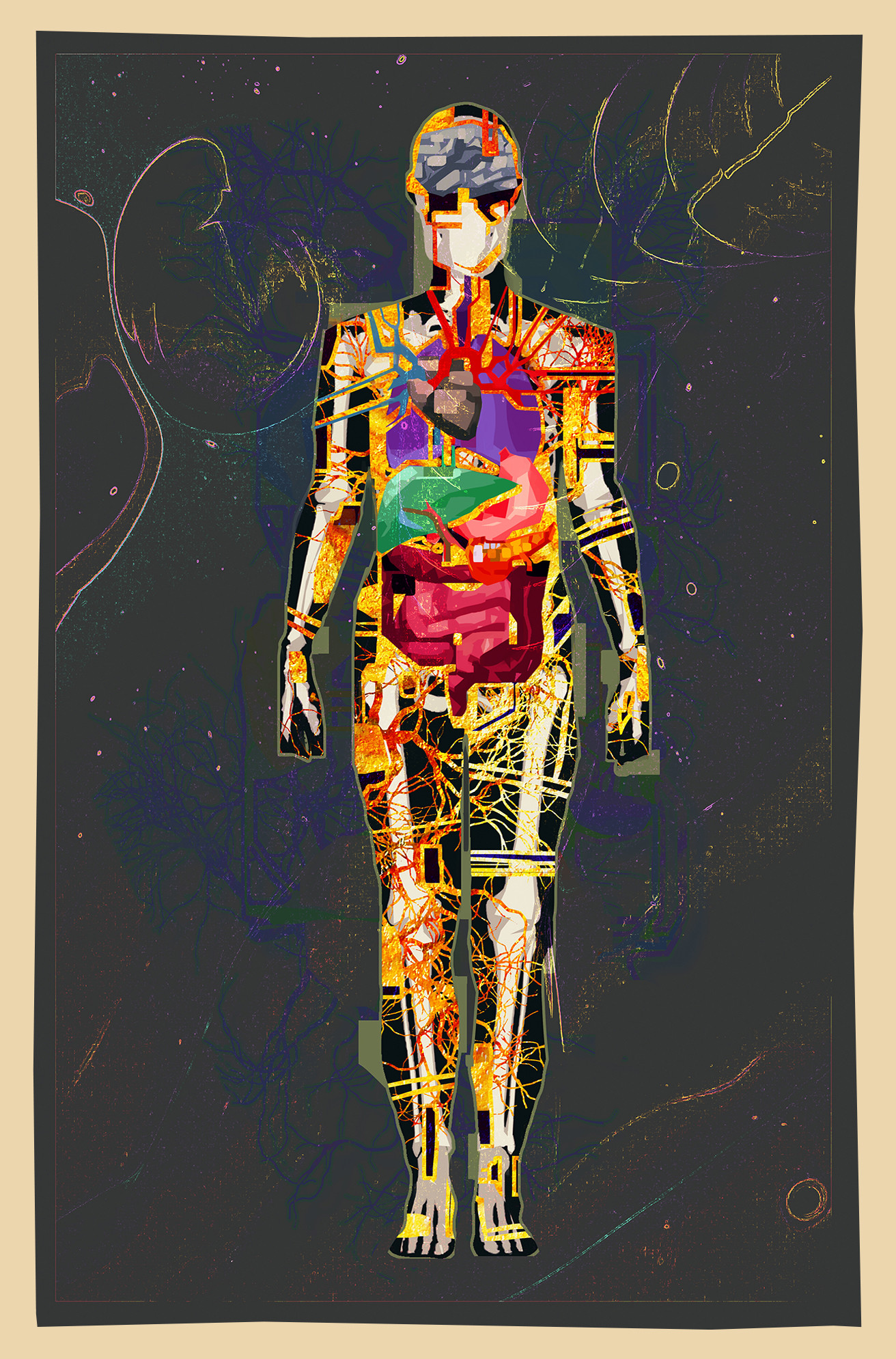What is medical anthropology? How do anthropologists investigate pain, illness, healing, and wellness in global contexts? How do cultural processes that seem to be local or global interact and shape aspects of our bodies, such as illness or efforts to find healing? What methods and theories do anthropologists use to explore these issues and how do these differ from and work with public health or medicine? This course places health and healing in a cross-cultural and evolutionary perspective. It explores three major themes. First, how our experience of sickness and health is shaped by cultural context. Second, how biology and culture intersect to shape global and local inequalities in health and well-being. And third, how healing practices and policies are embedded in political, economic, and historical context. We will discuss everything from diabetes to HIV, Ebola to childbirth, and witchcraft to biotechnology. Applying an anthropological perspective to these questions deepens our understanding of the human condition and prepares us to address practical matters of life and death in the US and around the world. This course will be particularly of interest to pre-health professions students because it will bring to light new ways to think about healthcare, health and illness, interactions in healthcare settings, and broader social, cultural, state, and global forces influencing disease and wellbeing.
